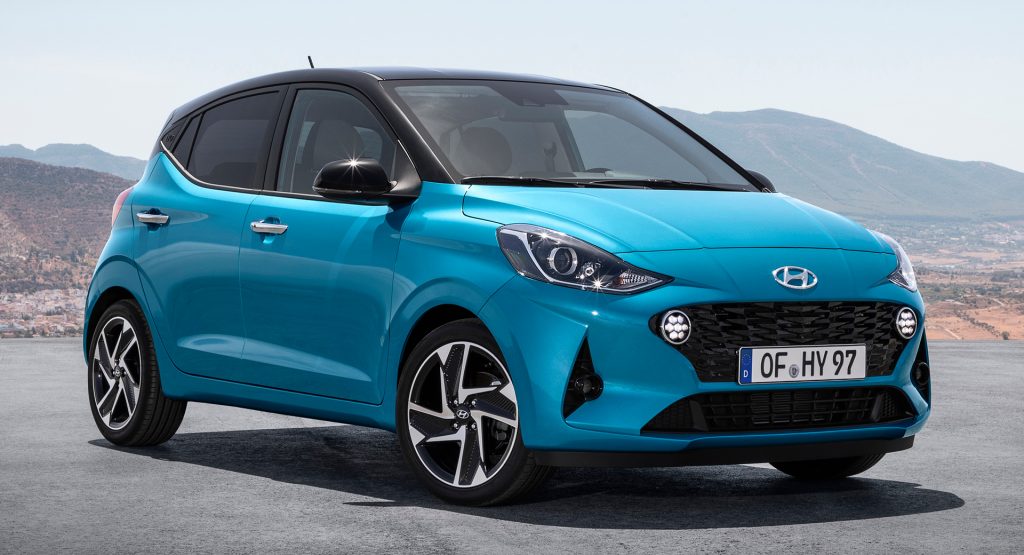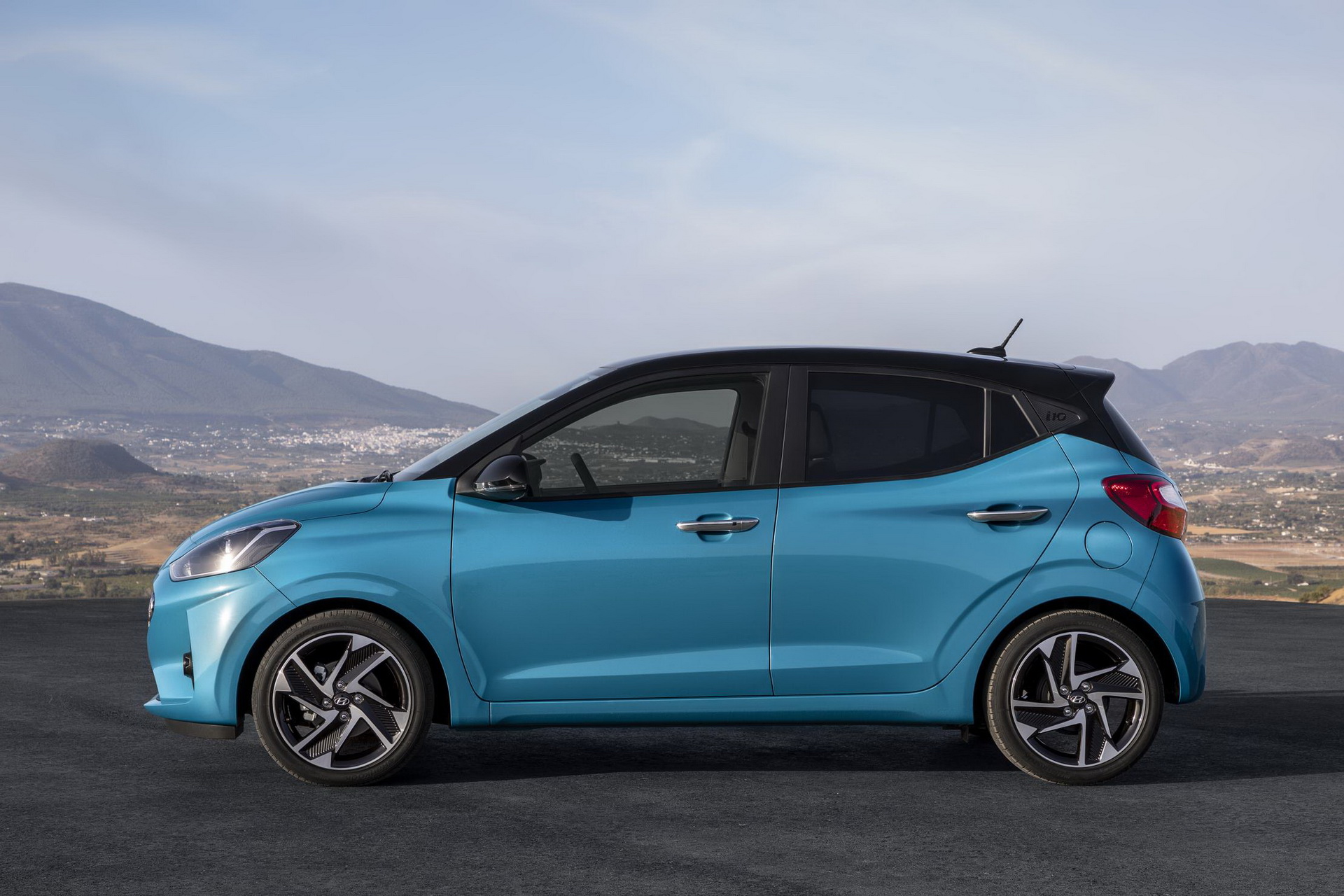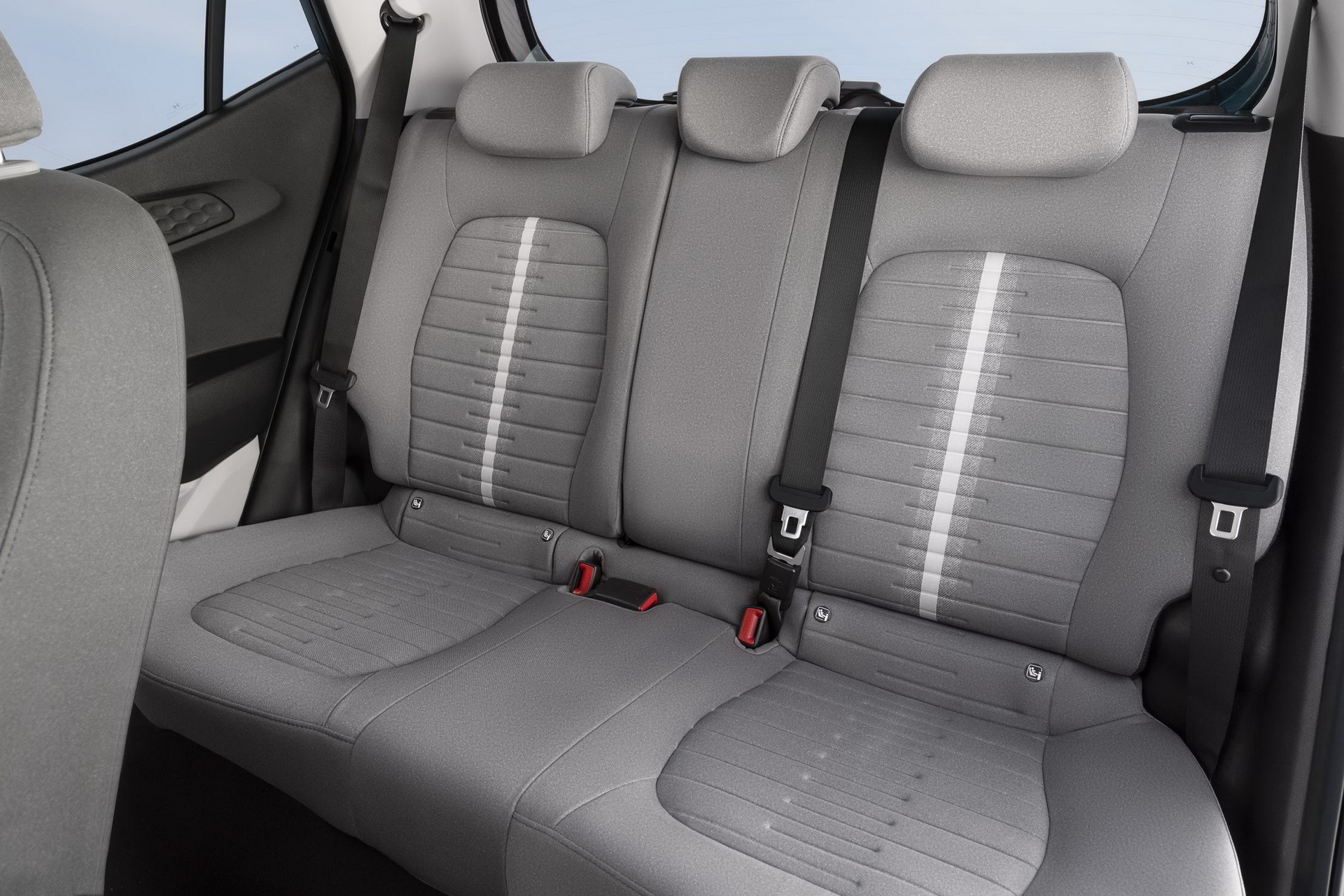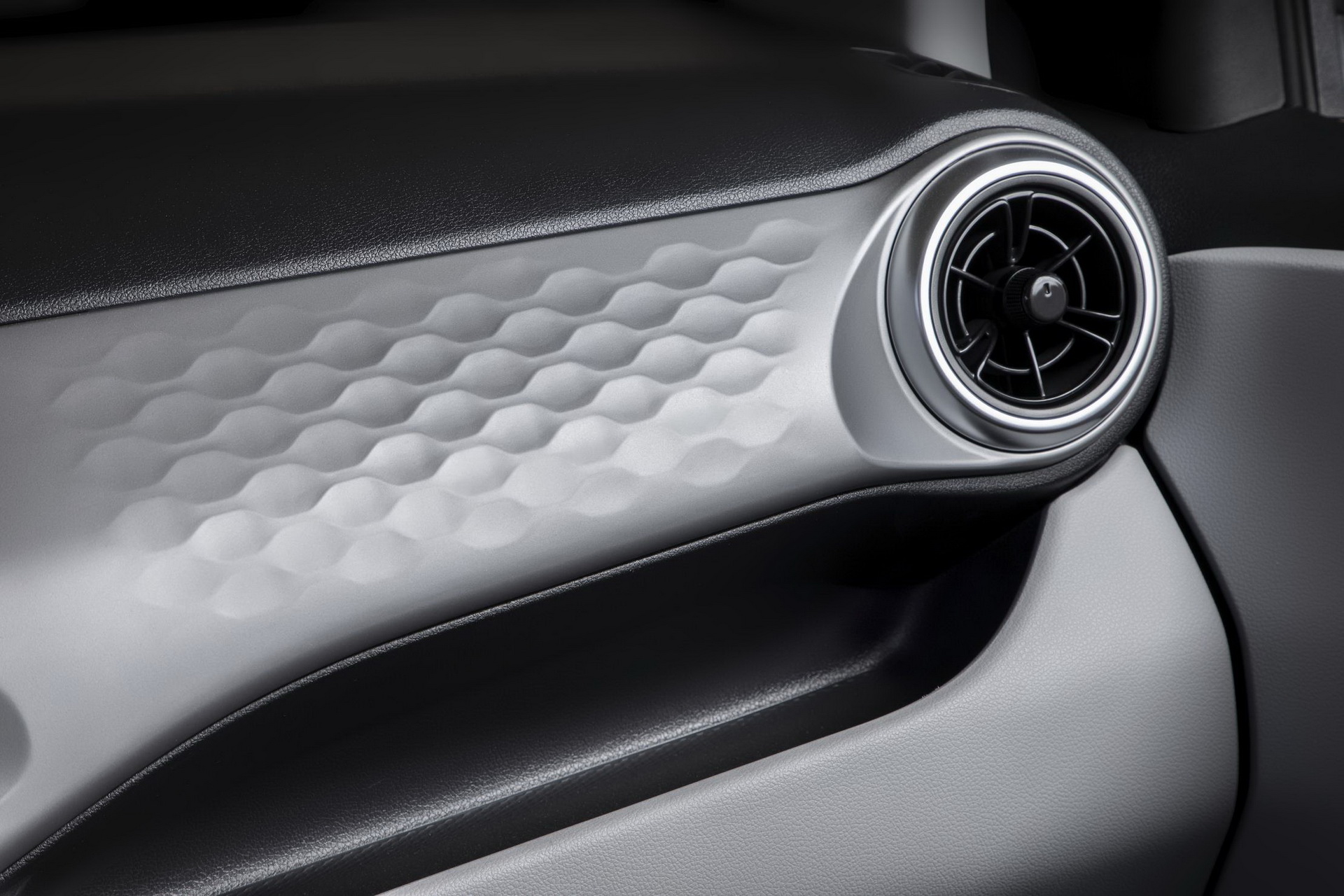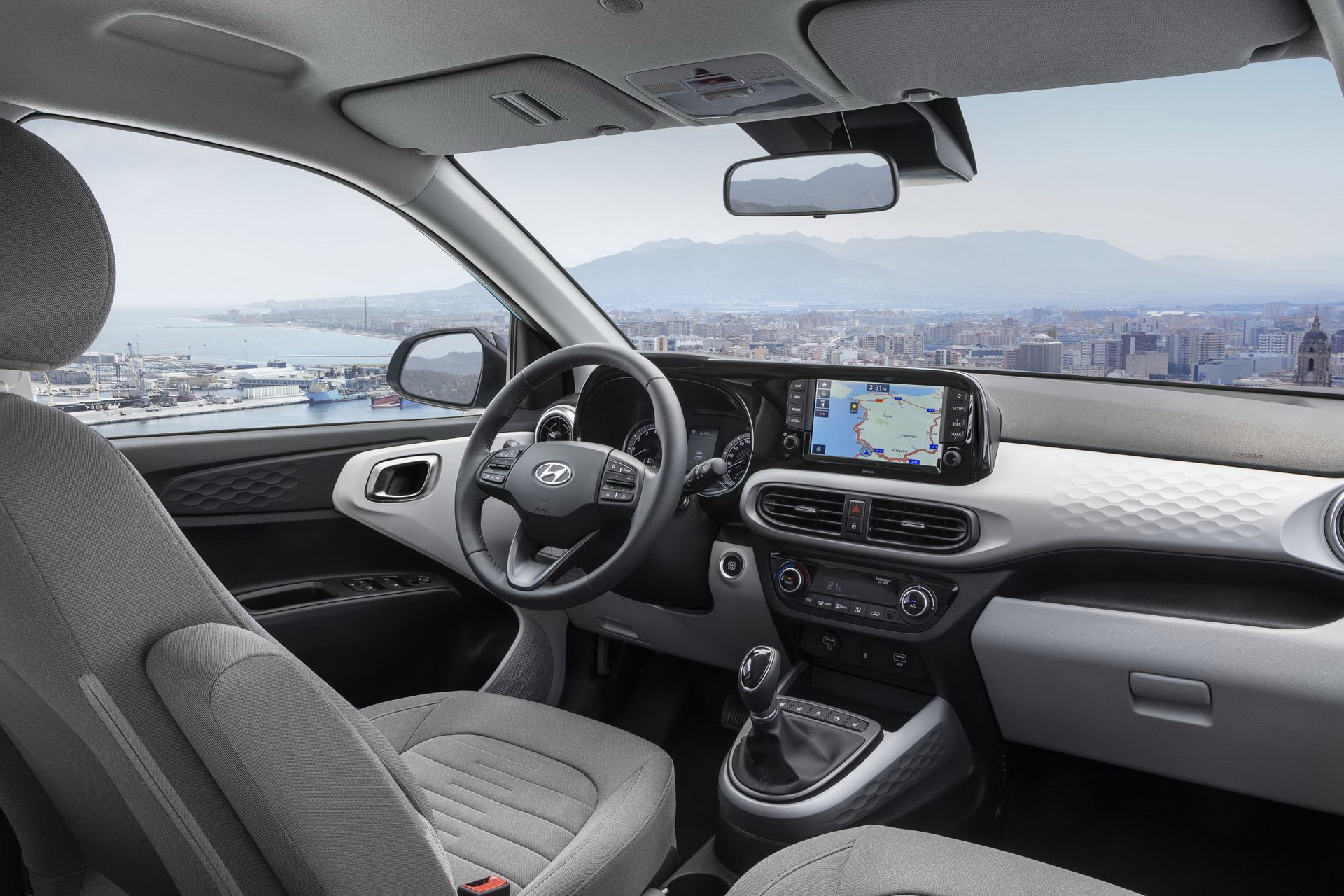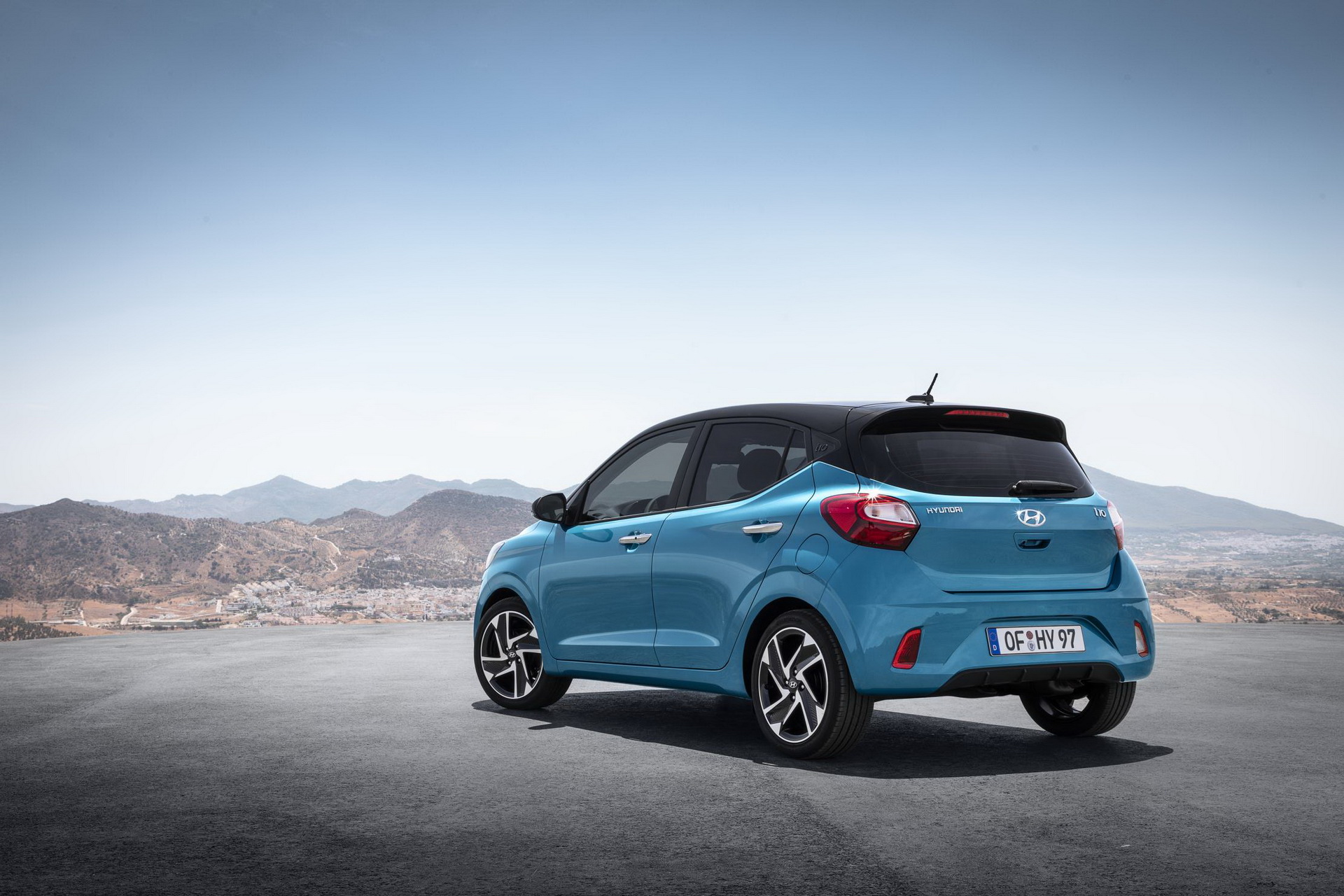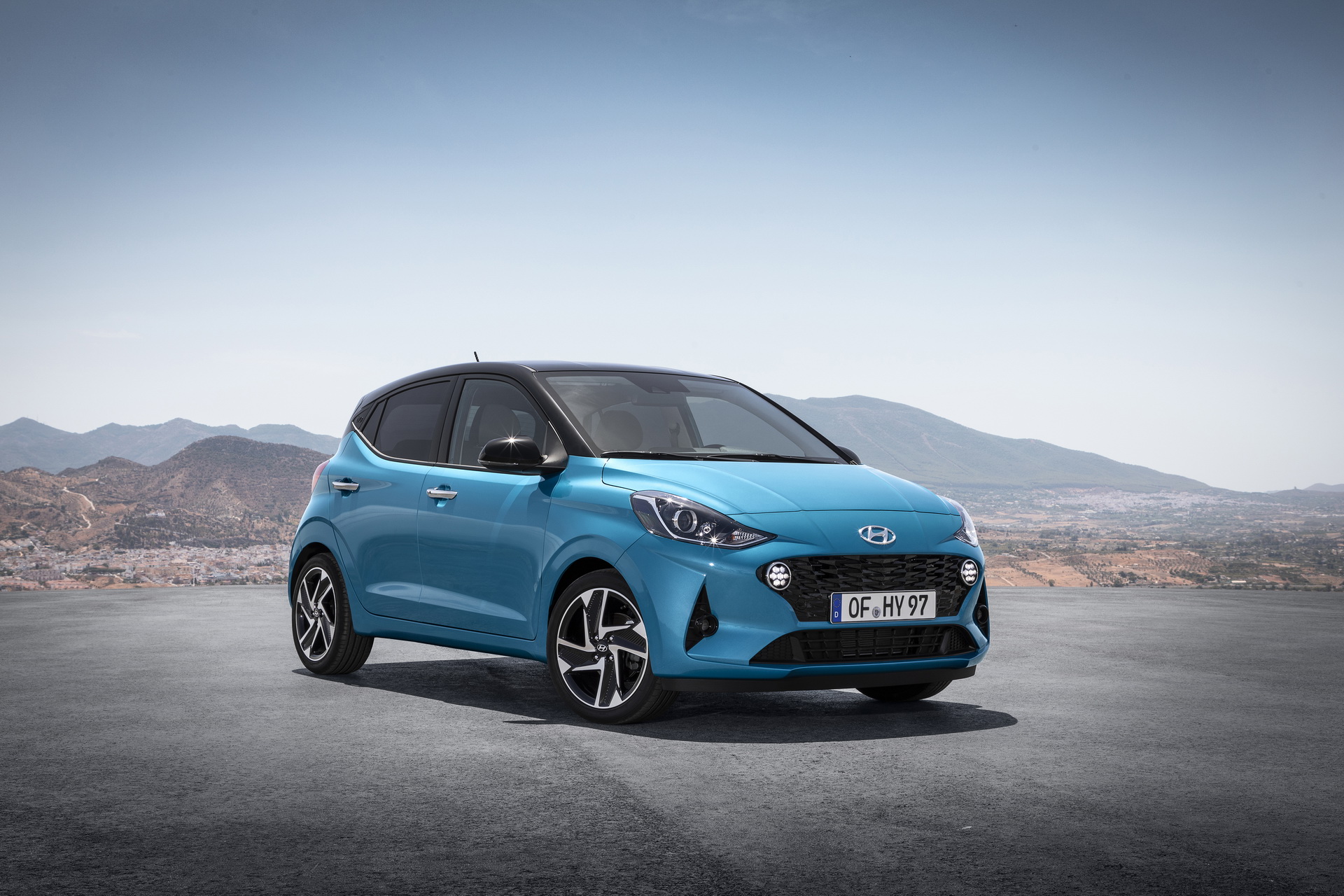The third generation Hyundai i10 will stick to internal combustion engines, at least for the foreseeable future, as there is no plan to launch an electric variant.
Speaking to AutoWeek, the brand’s Product & Pricing Director, Raf Van Nuffel, said the company is approaching the EV game “from top to bottom”, as they believe the money lies in the upper segments. “When it comes to electrification, Hyundai applies the cascade principle: we let our innovations filter through from top to bottom”, said Van Nuffel.
“We do this because our resources are not infinite and we are currently focusing on slightly larger models that can also be electrified competitively.” In the long run, the exec sees an electric variant of the city car, which would take on the Volkswagen e-Up!, Skoda Citigoᵉ iV and Seat Mii Electric. Nonetheless, given the average lifespan of today’s cars, of only six years for the second-gen i10, it’s unknown whether the current iteration is up for electrification.
Read Also: 2021 Hyundai 45 EV Spotted Again With A More Revealing Camouflage Setup
Launched last year after the 2019 Frankfurt Motor Show presentation, the all-new i10 boasts refined looks that make it a very youthful-looking car. Compared to its predecessor, it has a lowered roof and is also a bit wider. It sports the company’s new design up front, which includes the specific grille with incorporated LED DRLs in this case.
The dashboard and door cards feature a 3D honeycomb design, and drivers will enjoy the new 8-inch touchscreen infotainment system with smartphone connectivity, automatic climate control, multi-function steering wheel with a three-spoke look, and a few other items.
The new i10 is offered with 1.0- and 1.2-liter petrol, 1.0-liter LPG and 1.1-liter diesel engines, matched to a 5-speed manual or 4-speed automatic transmission. The tiny hatchback is put together in Turkey and India. Pricing starts at £12,820 ($15,894) in the UK, making it £1,600 ($1,984) less expensive than the subcompact i20.



